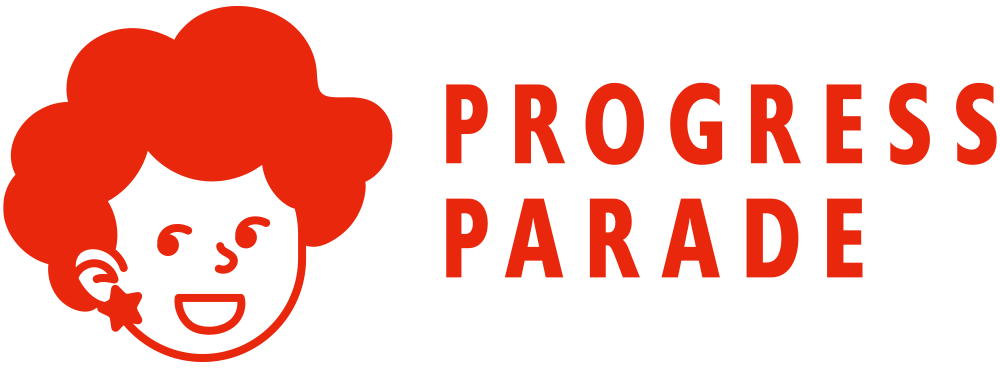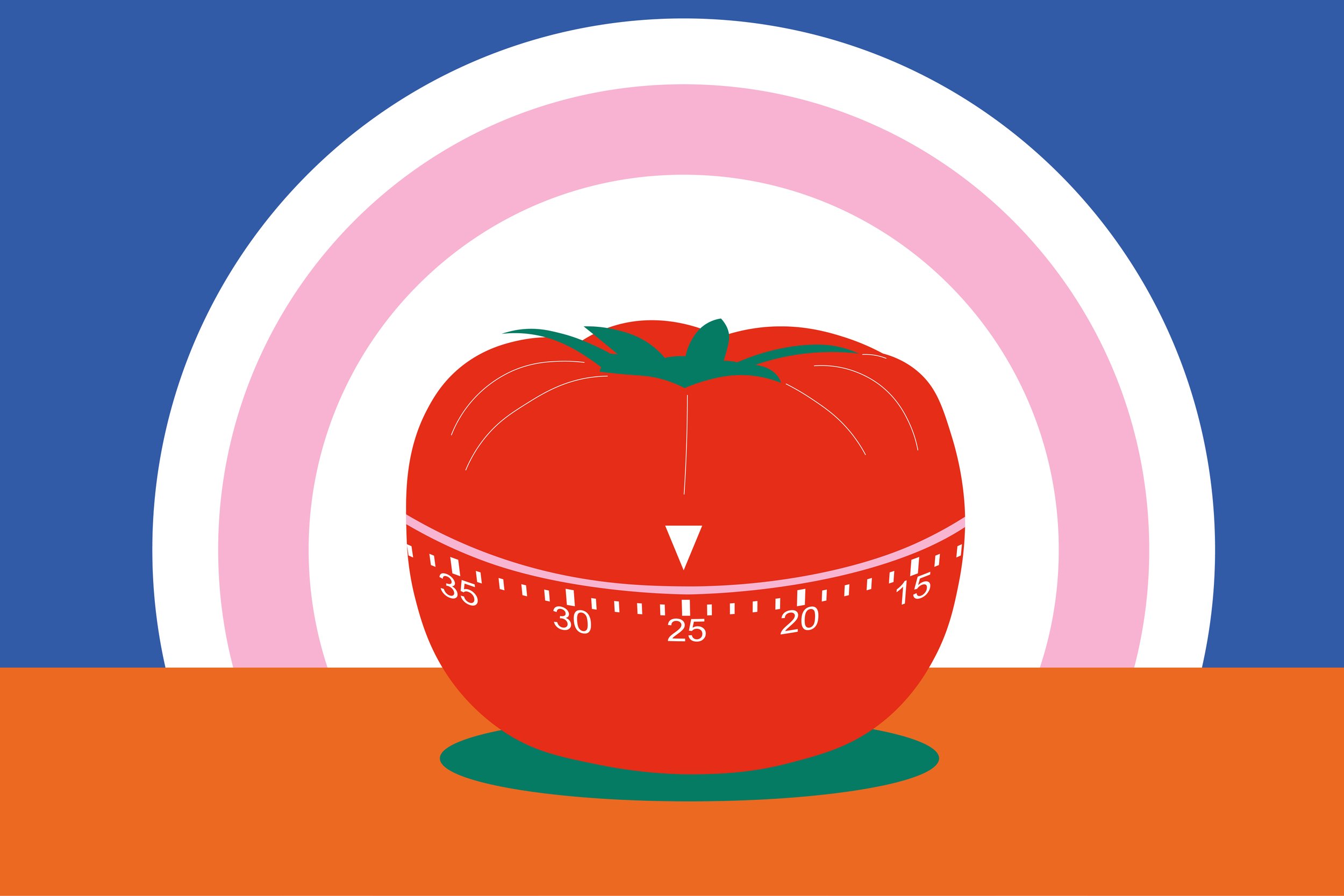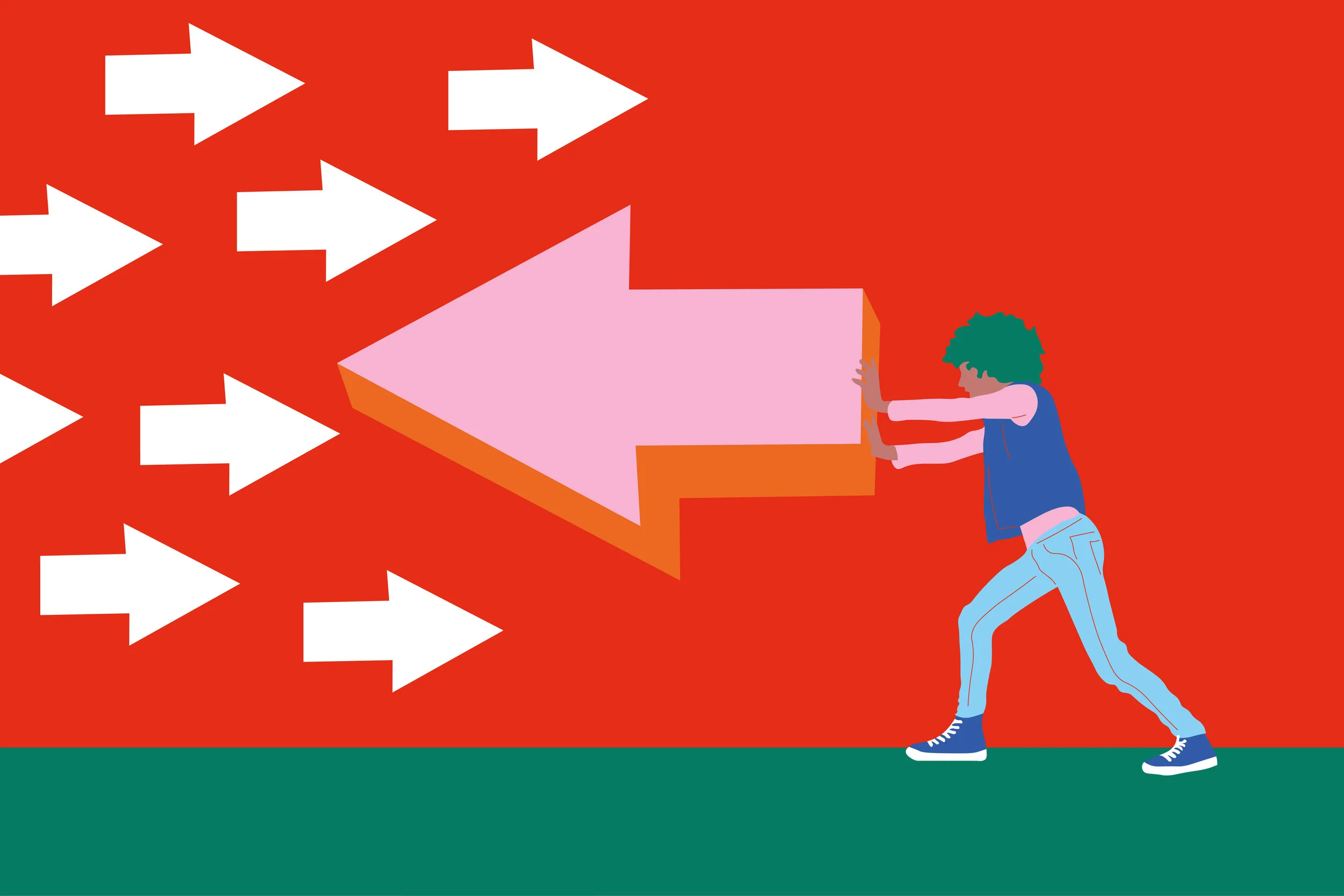What if my child is not at grade level after the pandemic?
What if my student is not at grade level?
It’s summer 2021. In the wake of COVID, I’ve had many conversations with parents who are very worried about whether or not their child will be starting off the 2021-2022 year at grade level. These worries are amplified after the past year of mixed mode learning, and the huge variation in each student’s experience of the 2020-2021 school year. Some students worked in supervised groups in a pod while some learned in-person at school for most of the year. Other students worked with their families or neighbors. In no other year in recent memory has there been such a huge variability in each student's school experience. So, how will you know if your student is behind and what can you do about it?
What is “grade level” anyway?
In order to determine if your child is at grade level, we have to first determine what “grade level” is. Grade level skill and knowledge benchmarks have been determined over time based on what most students learn and know at a particular time. Standards about what students should know at a particular grade level have been developed based on collecting lots of data from schools across the country. This is important because it means that the kids and their actual skills have defined grade level skills. “Grade Level” isn’t a pre-existing universal standard but rather something we developed based on actual kids!
“Grade Level isn’t a pre-existing universal standard but rather something we developed based on actual kids!”
What will “grade level” mean in the post pandemic world?
We’re going to have to figure that out together (and we will- don’t worry!). Since grade level standards are determined by what most kids know as they enter each grade, grade level standards may not mean much in the transition period back to normal. Kids will likely enter schools with quite a bit more variability in their skills than they had in past years. That means at least two things, in my opinion.
1. Don’t panic! If your student is “behind” typical grade level standards, they likely won’t be alone. The pandemic will likely have, at least temporarily, redefined what is typical for a grade level. Since grade level isn’t some floating standard in the sky, it’s meaning will likely have to be flexible for a while as we all transition back to normalcy.
2. We’ll need to lean on each other as we all transition towards normal. Teachers and students alike will have some bumps in the road, but we’re constantly learning and have all proven how resilient we are. We will get through any bumps together!
So, does that mean I shouldn’t do anything if my student had a tough year?
Definitely not! We still recommend working with your child to build and maintain academic skills. There are lots of easy ways to get in daily reading practice, and we recommend daily reading practice (pretty much always)! If you want more ideas to work on academic skills over the summer, check out this blog by our partner, Chicago Home Tutor!
Of course, if you’d like additional support or you’re not sure what to work on, we’d be happy to discuss your child’s needs with you. We here at Progress Parade always custom match students and tutors together to turn learning challenges into life-changing achievements!
“There are lots of easy ways to get in daily reading practice, and we recommend daily reading practice (pretty much always!)”
Education in a post-pandemic world
My goal here was to let you take some of the pressure off yourself as we all start to think about another school year in the wake of a pandemic. Do your best to work with your child every day, and, if you’ve got more significant concerns, don’t hesitate to hire a specialist like our homeschool tutors here at Progress Parade to give your child some personalized, academic support.
But we also hope you’ll take some time to enjoy the summer and have some fun with your kids, knowing that whatever happens in the coming year, we won’t be alone and we’ll get through it together.
































